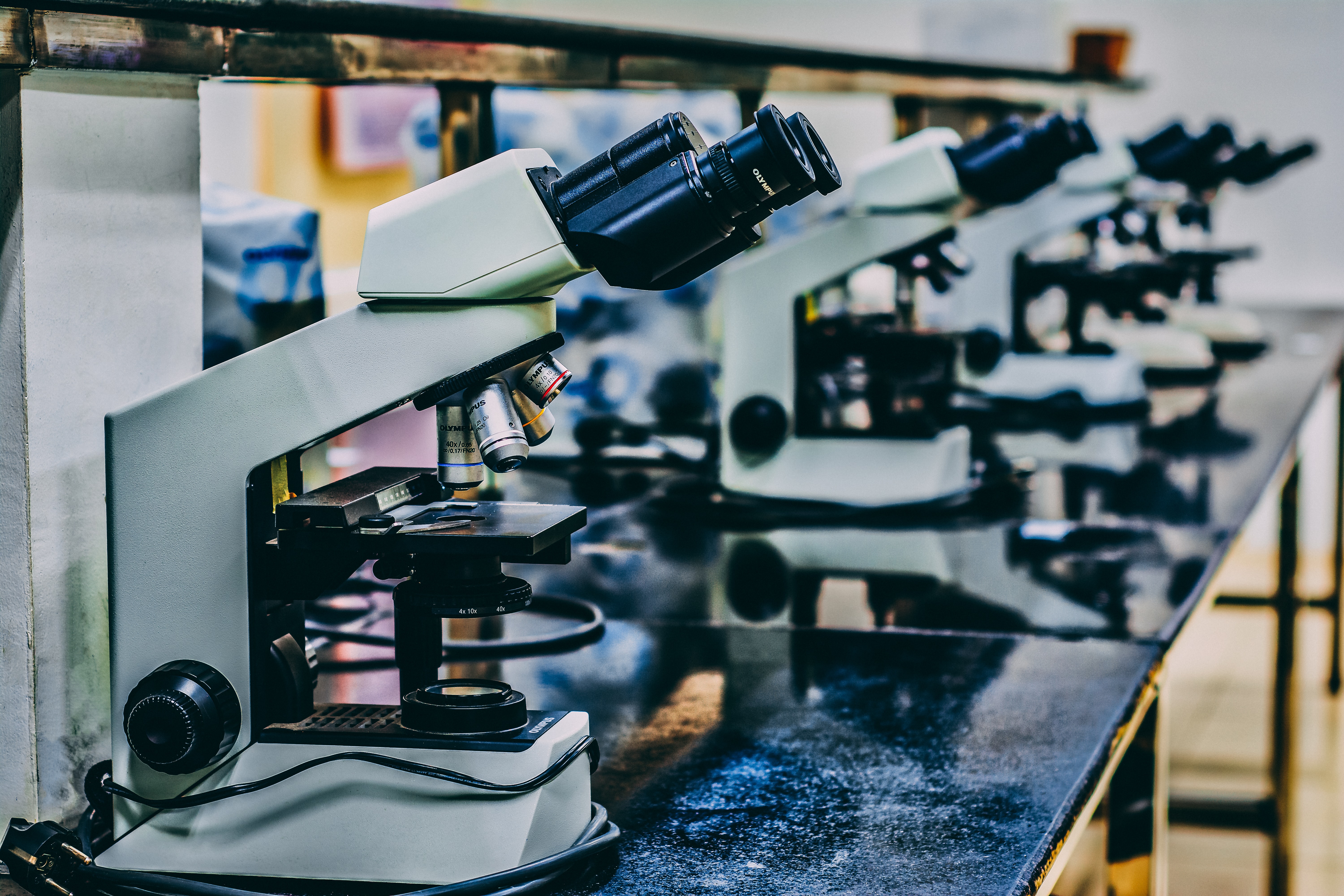Aggregated News

Photo by Ousa Chea on Unsplash
The white supremacist who drove 200 miles to a Buffalo, N.Y., supermarket and opened fire, killing 10 people, had posted a screed. Most of the people he killed were Black. The document’s 180 pages cited not only racist conspiracy theories, but also scientific research on behavioral genetics. The research focused on finding heritable differences in IQ and propensity to violence between racial groups.
There’s no reason to believe, on the basis of his screed, that the Buffalo shooter understood, or even read, the scientific papers. It’s more likely that he collected them, like the racist tropes he reproduced in the document, from message boards and social media channels whose users latch on to titles that seem to promise scientific support for white supremacy. Scientists who research genetic bases for complex behavioral traits using genome-wide association studies have urged care in the conclusions drawn from population means, and especially in how their scientific results are communicated to general audiences. But there is compelling evidence that research on the evolution of sociobehavioral traits finds an...



